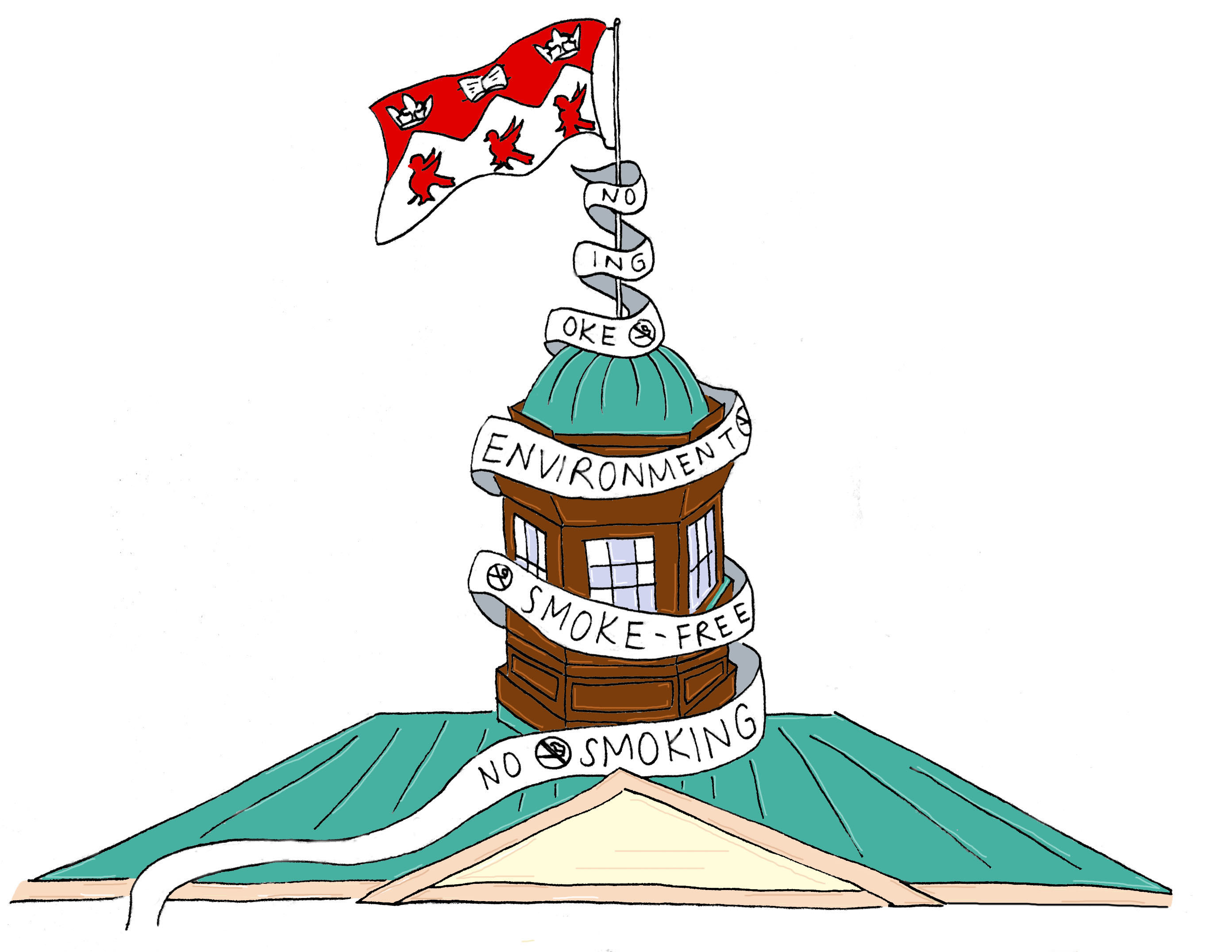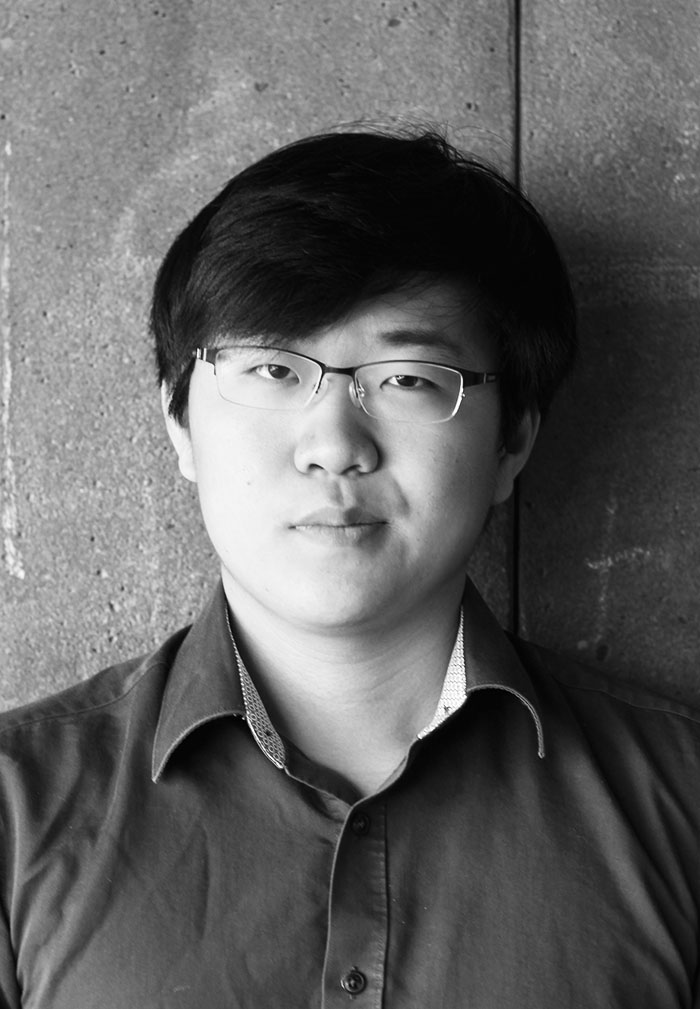Between the congregation of smokers found in front of Leacock and the countless cigarette butts littered near Roddick Gates, it is not difficult to spot nicotine use at McGill. In a way, smoking is accepted as a regular part of campus life.
The Students’ Society of McGill University (SSMU), however, recently released a motion concerning the pursuit of a smoke-free campus at McGill, with a question set to be posed in the March referendum period regarding the student body’s support for the idea. Currently, the proposal includes providing cessation resources, developing outdoor smoking shelters, and other changes to achieve the ultimate goal of transitioning the university into a smoke-free campus in the next three to five years. There are 12 other smoke-free institutions in Canada.
Stepping out of McLennan for my hourly cigarette break, I mulled over SSMU’s proposal. It’s my personal choice to be a smoker, and despite the constant bombardment of health warnings and cessation ads, I am more or less ok with my habit. Yet, reading over the preliminary survey results, I realized that in the context of smoking on campus, my choice is not entirely personal; it has an impact on the entire McGill community—the majority of which are non-smokers. Despite my own addiction, I believe SSMU must do all it can to ensure that a smoke-free campus becomes a reality in a way that benefits smokers and nonsmokers alike.
Despite the results of a preliminary survey, which showed that many students favour a smoke-free campus and felt that secondhand smoke was a problem on campus, the motion was not met with a favourable response from everyone, with some students pointing out the unfeasible and unfair nature of the suggestions.
The university has a responsibility to protect their students from the harmful health effects of smoking. Just because smokers willingly choose to subject themselves to harm, it should not stop non-smokers, particularly those with health concerns such as asthma, from being protected from secondhand smoke on campus.
Furthermore, the influence of smoking goes beyond the physical effect of secondhand smoke. High rates of nicotine use on campus facilitate a culture in which smoking is deemed acceptable, which can ultimately lead non-smokers to pick up the habit as well. This issue is underlined by the concept of ‘social smoking,’ which for many is the stepping stone to becoming a full-time smoker. Obviously, the social effects of cigarette use depend on the individual; however, the school should curb its presence on campus for those that may be influenced by it. In fact, Canada as a whole has made great strides in the 2000s by limiting the rate of nicotine users in the country by introducing various bans on smoking in public areas, such as in restaurants and bars.
Through Rez Project, server training, Mental Health Awareness week, and various other programs, McGill has given me many opportunities to evaluate my own life choices regarding my well-being and to think critically about how it affects the people around me. If the university, with the student body’s support, wishes to extend that influence to make an impact on my smoking habits while also making the campus experience better for everyone, I welcome the changes.
With SSMU’s current proposal, no one would be forced to quit—these programs would simply exist to aid those who are looking to do so. This is fair, as the vast majority of smokers are attempting to quit, which is no easy task. With new resources, as well as the change in the culture on campus, many smokers wishing to quit will have the means and the community support necessary to pursue the goal more effectively. On top of making the campus smoke-free, individual smokers would have the opportunity to make a change in their own lives as well.
The purpose of a post-secondary education is to provide a productive, safe environment for students to apply their knowledge in bettering their lives. Nicotine addiction is a complex issue with various implications on one’s stress and mental health in general. While smoking is already prohibited in most areas on campus, if the university wishes to enforce these rules more uniformly, they will need the student body’s input to avoid any policies that are too oppressive for smokers. To this end, SSMU, in tandem with the student body, should pursue a smoke-free campus.










